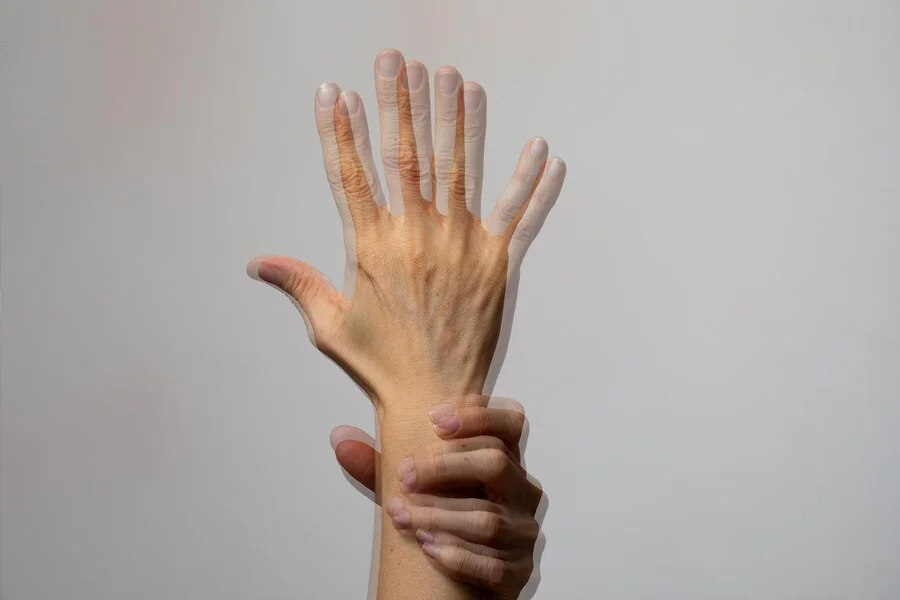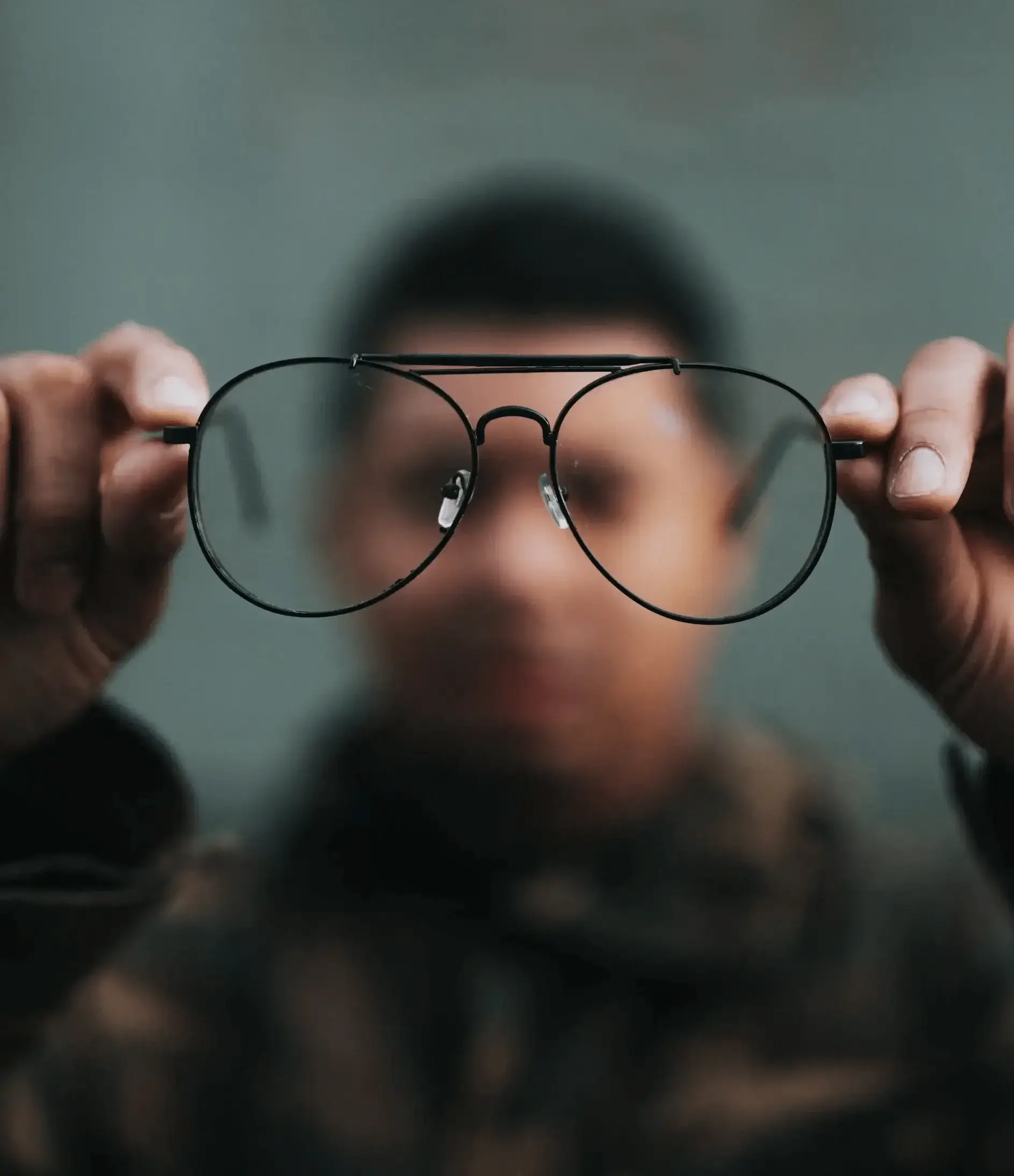Diplopia, also known as double vision, is an eye condition in which objects appear doubled when looking at them. While this condition is typically temporary, taking advice from eye care experts could be beneficial. A concise and comprehensive evaluation can assist you in distinguishing between harmful and benign causes of diplopia. If you're experiencing diplopia, you can schedule an eye appointment at Elite Eye Care in New York.
Now let’s understand 5 things important things about diplopia (Double vision).

Types of Diplopia
Binocular Diplopia
When both eyes are open, binocular diplopia occurs, which disappears when one eye is closed. One of the leading causes of diplopia is eye dislocation, often known as strabismus. Binocular diplopia can be caused by disorders that impair the cranial nerves that supply the muscles that control the eyes. Double vision, particularly all around the eye socket, may indicate an aneurysm, stroke, or head/facial trauma. Binocular double vision occurs only when the eyes are moved in a specific direction, such as down or up, to the right or left. A person suffering from binocular diplopia may be able to eliminate the double image by covering one eye.
Monocular Diplopia.
Monocular diplopia is a type of double vision that only occurs when one eye is open. Refractive error, a change in the shape of the eye that causes diplopia to distort vision, and the early stages of a cataract, clouding of the eye's lens, are two common diplopia causes of monocular double vision. Even if one eye is covered, people with monocular diplopia may experience double vision.
Symptoms of Diplopia.
Images may appear to overlap or be adjacent to one another. Other indications and symptoms include blurred vision and dizziness. Double vision can be caused by monocular vision, in which one or both eyes detect a large number of images when inspected, binocular vision, in which both eyes see a large number of images when reviewed together, or both eyes being open. When analyzed individually, each eye may be able to see a single image. Double vision may be permanent or transient. Double vision that changes with blinking is commonly associated with abnormalities on the eye's surface.
Causes of Diplopia.
Double vision causes can be various factors, including:
- Eye muscle weakness or paralysis
- Nerve damage
- Eye misalignment
- Refractive errors (uncorrected astigmatism)
- Cataracts
- Corneal abnormalities
- Brain conditions
These are just a few examples of the many possible double vision causes. Proper diagnosis is crucial to determine the underlying cause and develop an appropriate double vision treatment plan.

Diagnosis of Diplopia
Diagnosing diplopia typically involves a two-pronged approach:
Determining the type of diplopia: As mentioned, there are two main types: monocular and binocular. So, understanding the type of double vision is beneficial for the diagnosis plan.
Identifying the underlying cause: Your eye doctor will ask about your medical history and symptoms, and perform a complete eye exam. This may include tests of your eye movement, vision acuity, and pupil response.
Depending on the suspected cause, other tests such as imaging studies (CT scan or MRI) or blood tests might be required.
Treatment of Diplopia
The treatment for diplopia depends on the underlying cause. Here are some common treatment options:
Corrective lenses: Eyeglasses or contact lenses with prisms can help bend light rays and realign the images from each eye.
Eye patch: In few cases, covering one eye with an eye patch may be necessary to alleviate double vision.
Eye exercises: Eye muscle weakness can sometimes cause diplopia. Specific eye exercises can help strengthen the eye muscles and improve eye alignment.
Surgery: In some cases, surgery on the eye muscles may be necessary to correct their alignment.
When to see a doctor
If you feel any mentioned double vision symptoms you can consult with an eye doctor at your nearby. With a proper diagnosis and treatment, many cases of double vision can be effectively managed. You can also book an online appointment at Elite Eye Care, New York to get your eyes checked.
Remember, early intervention and regular eye examinations are key to maintaining good vision and overall eye health.
